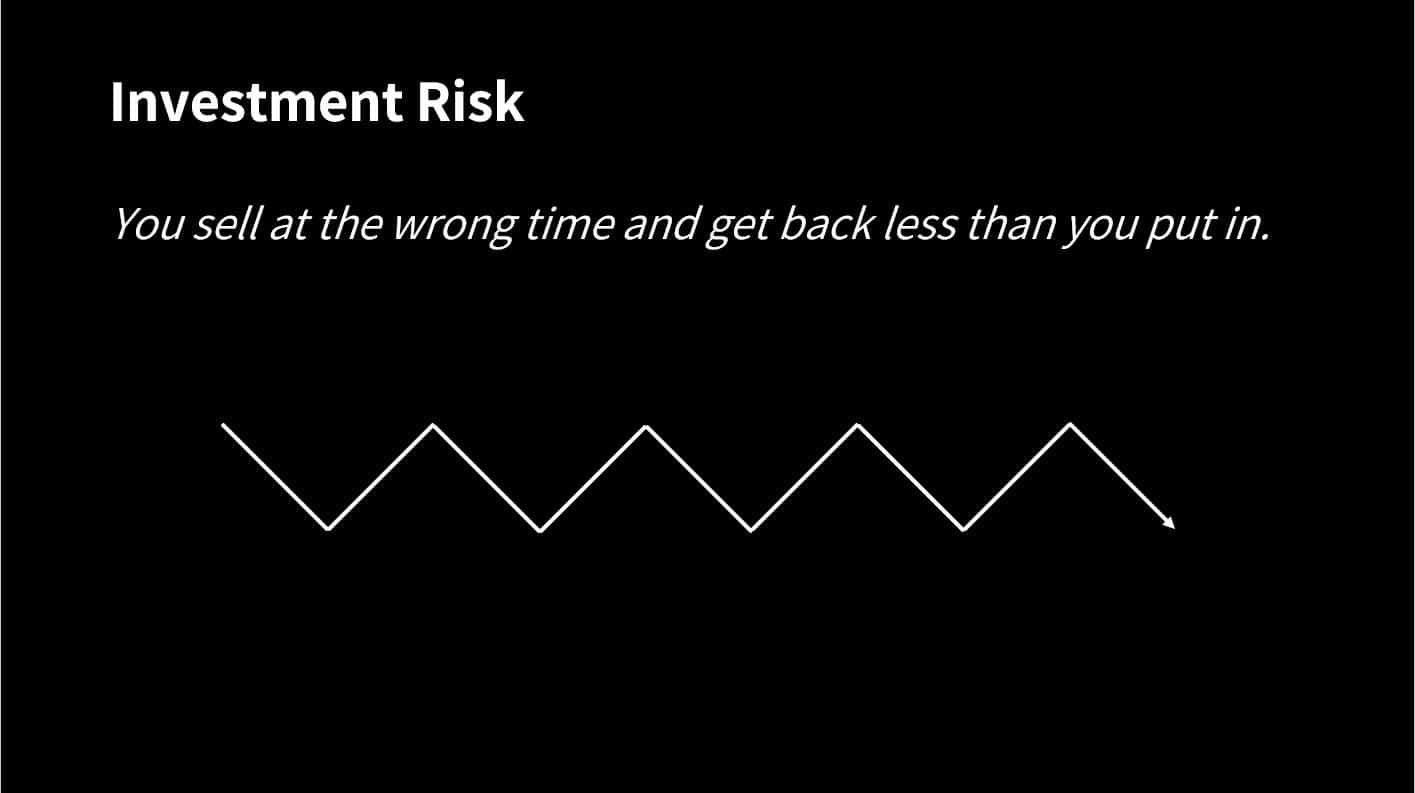
“I’m a bit lost when it comes to what I should do with my emergency reserve fund. I’m thinking of moving it into government bonds at around 5% yearly. Is this wise or should I consider other options first?”
The above question was posted on an online money message board. This was my response:
Keep your emergency fund in savings is more sensible. I appreciate that interest rates may feel really poor but the point of cash is to do a specific job; to be there when you need it, not to make you richer.
If you were to invest in government bonds, to be sure you don’t suffer from a capital loss, you either have to do it directly and hold the bond to maturity (which means you either can’t get your money when you need it, or you have to sell it through a broker and possibly get back less than you put in).
Or, you invest in a Government Bond fund which will be available at any time, but still has the chance of capital loss.
Government bonds also don’t automatically provide inflation protection unless you choose Index-Linked Gilts but these also have market-related risks which mean they can lose value.
The general rule of thumb for the size of an emergency fund is to have 3-6 months of essential expenditure available to you. This could be through an instant access savings account or if you wanted slightly more interest, a mix of instant access and notice accounts.
Premium bonds are always worth considering because they are backed by HM Treasury. While there is also the chance of winning large sums, annual prizes equivalent to rates offered by banks and building societies are more likely.
Remember too that interest rates are relative to inflation. You might remember when interest rates were around 4% pa but that was because inflation was 5%-6% pa. The Bank of England has acted on the current rising inflation by raising the Base Rate which has started to feed through to higher savings rates, but also has a negative effect on the price of government bonds.
The above does not constitute advice.
Photo by Towfiqu barbhuiya on Unsplash







